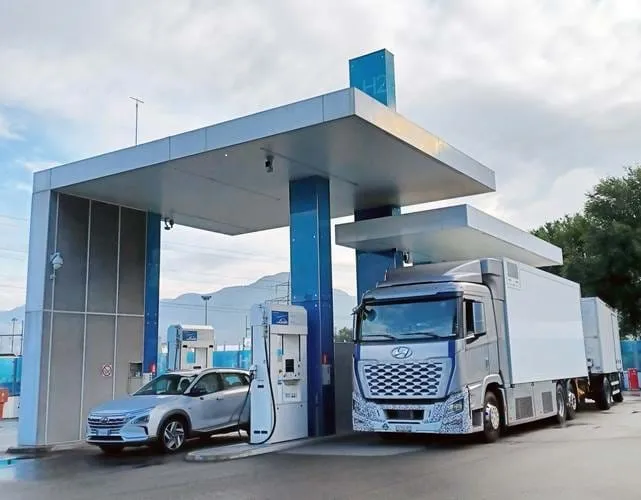Hyundai Auto Canada has launched Nexo, a fuel cell-powered SUV which it will make available to members of the public via Modo’s car-sharing service.
The partners are seeking to make the fuel cell vehicles available to a wider audience and allow Canadians to learn more about the technology.
Hyundai says Nexo runs on hydrogen, allowing it to emit clean water vapour and purify the air as it isbeing driven.
Drivers who refill the engine for five minutes will be provided with a range of up to 570km,
March 22, 2019
Read time: 1 min
The partners are seeking to make the fuel cell vehicles available to a wider audience and allow Canadians to learn more about the technology.
Hyundai says Nexo runs on hydrogen, allowing it to emit clean water vapour and purify the air as it isbeing driven.
Drivers who refill the engine for five minutes will be provided with a range of up to 570km, the company adds.
Hyundai plans to make fuel cell vehicles available for retail through select local dealerships.
Members of the public can test drive Nexo at the Vancouver International Auto Show, which runs until 24 March.









